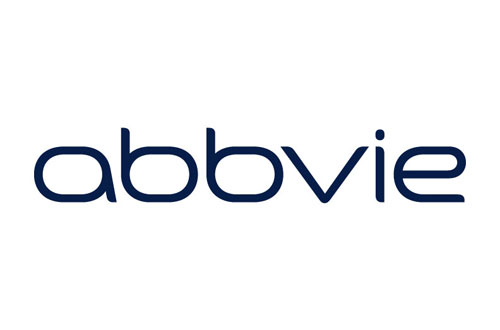
AbbVie has handed back rights to a JAK inhibitor licensed from Galapagos and will instead take its own drug into phase III trials before the end of the year.
The decision has been prompted by positive results for AbbVie’s ABT-494 in two phase II trials involving patients with rheumatoid arthritis who had an inadequate response to either methotrexate or a tumour necrosis factor (TNF) blocker.
The decision had a dramatic impact on shares in Belgium-based Galapagos, which lost nearly a fifth of their value on Friday after investors absorbed news of AbbVie’s decision to hand back rights to filgotinib.
Analysts have suggested the reason may be less favourable dosing for Galapagos’ drug and a safety signal (male reproductive toxicity) seen in preclinical studies, although this could not be confirmed at the time of writing.
The former partners will now compete head-to-head in the JAK inhibitor market, with both claiming their compounds are “best in class” as they bid to challenge Pfizer’s Xeljanz (tofacitinib), which is the only JAK inhibitor currently approved for sale as a rheumatoid arthritis treatment.
“We believe ABT-494 has the potential to become a best-in-class therapy for patients,” said Michael Severino, AbbVie’s chief scientific officer. “In our view, ABT-494 also offers a faster path to phase III development with less uncertainty.”
Galapagos meanwhile said it also saw a “rapid path forward in development for filgotinib”, claiming it is already in discussions with a number of large pharma companies which are interested in licensing the drug.
Xeljanz was first approved to treat rheumatoid arthritis in 2012 and brought in revenues of $224m in the first six months of the year, still fairly modest but almost twice the turnover in the same period of 2014, signalling that the product is gaining momentum.
Take-up of the drug has been held back by the FDA’s decision to approve only a 5mg twice-daily dose – saying that a 10mg dose was not considered to have an adequate risk-to-benefit ratio – while Pfizer’s franchise has also been hamstrung by a failure to secure European approval for the drug.
Meanwhile, Pfizer is being hotly pursued by other JAK inhibitor developers, including Incyte and Eli Lilly’s once-daily baricitinib – due to complete a phase III trial before the end of the year. ABT-494 will also be tested as a once-daily therapy.
JAK is short for Janus kinase – a family of enzymes implicated as drug targets in a number of inflammatory diseases as well as some types of cancer. There are a number of different enzyme subtypes (e.g. JAK-1, JAK-2 and JAK-3), and the inhibitors coming through the pipeline all have slightly different profiles, with greater activity over some subtypes than others.
Baricitinib has less activity against JAK-3 subtype, for example, while Galapagos says filgotinib is highly selective at the JAK-1 subtype – three times more so than ABT-494 – according to the Belgian company.
At the moment of course any differences between Xeljanz and the drugs following behind is speculative – clinicians are waiting for phase III results and potentially comparative trials before any best-in-class claims can be judged.
Meanwhile, Pfizer is trying to build on its lead in the marketplace with a new once-daily version of Xeljanz – which if approved could be on the market in the first quarter of 2016 – as well as new indications such as psoriasis.




